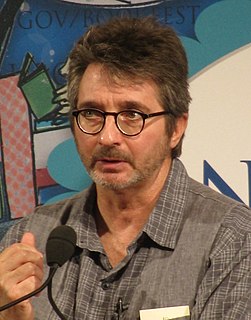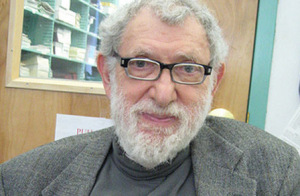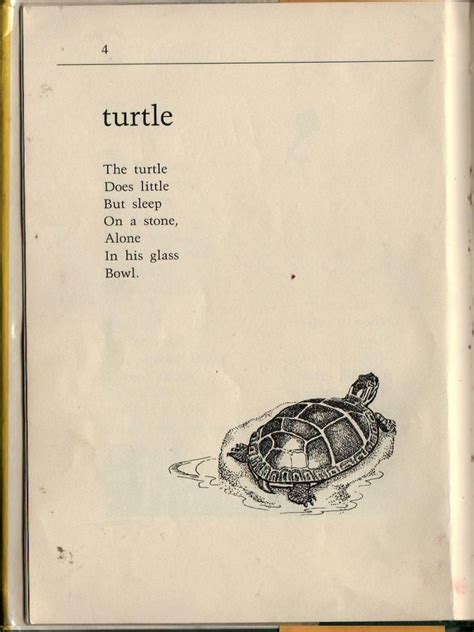A Quote by W. H. Auden
Related Quotes
Poetry is the most informative of all of the arts because everything comes down to poetry. No matter what it is we are describing, ultimately we use either a metaphor; or we say "that's poetry in motion." You drink a glass of wine and say, "that's poetry in a bottle." Everything is poetry, so I think we come down to emotional information. And that's what poetry conveys.
Poetry is not efficient. If you want to learn how to cook a lobster, it’s probably best not to look to poetry. But if you want to see the word lobster in all its reactant oddity, its pied beauty, as if for the first time, go to poetry. And if you want to know what it’s like to be that lobster in the pot, that’s in poetry too.
Poetry is concerned with using with abusing, with losing
with wanting, with denying with avoiding with adoring
with replacing the noun. It is doing that always
doing that, doing that and doing nothing but that.
Poetry is doing nothing but using losing refusing and
pleasing and betraying and caressing nouns. That is
what poetry does, that is what poetry has to do no
matter what kind of poetry it is. And there are a
great many kinds of poetry.





































